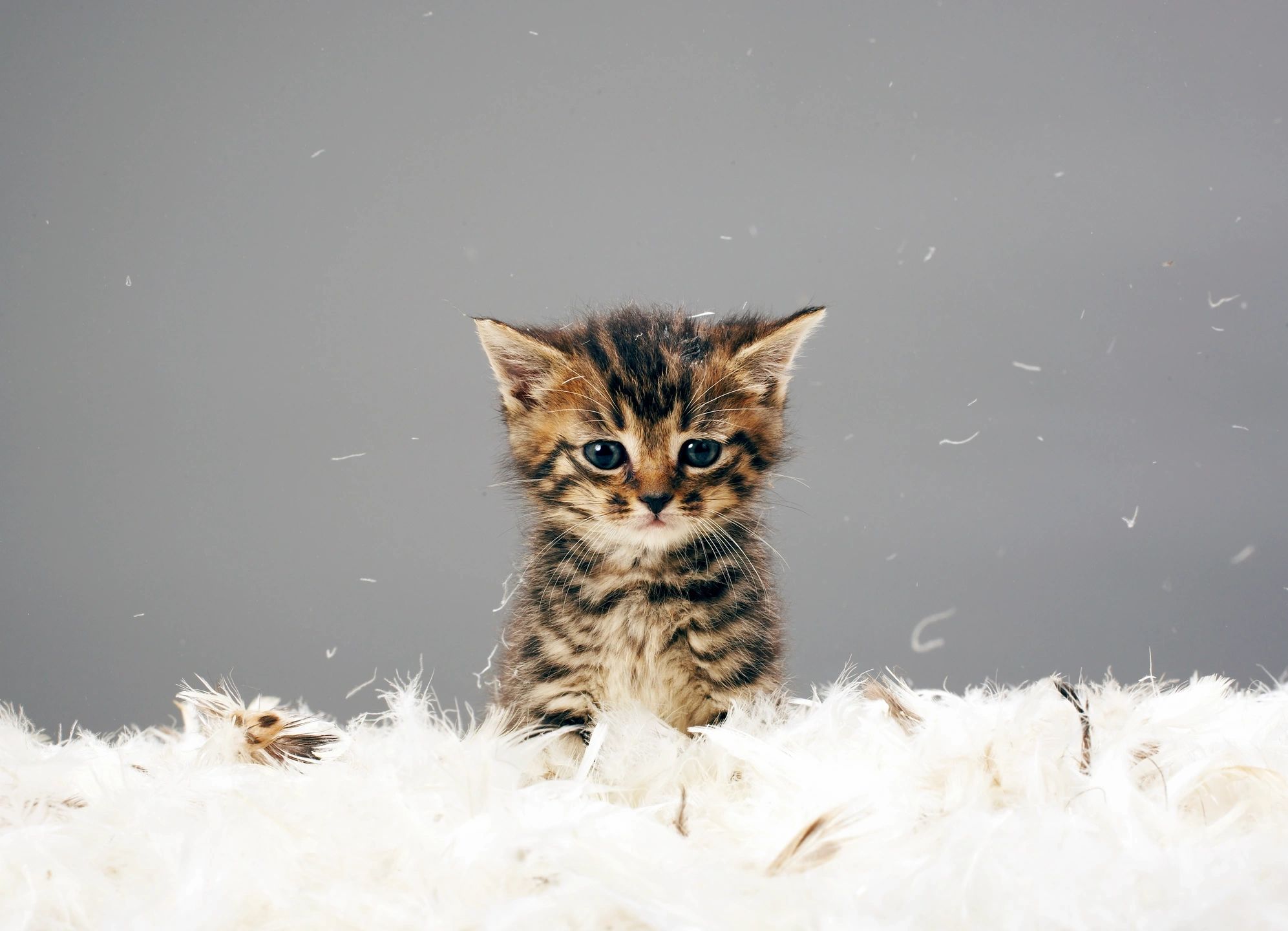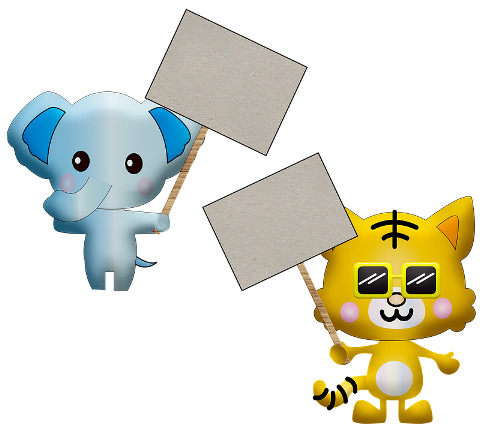World Wombat Day | October 22nd | Let’s Learn About Wombats & Their Kids

In the heart of the Australian wilderness, a unique and enchanting creature thrives—the wombat. While wombats are fascinating animals in their own right, there’s something particularly captivating about their offspring, the wombat babies. In this article, we delve into the world of these adorable marsupials, exploring their habits, unique characteristics, and the challenges they face in the wild, all while celebrating their existence on World Wombat Day.
Wombat Babies Are Marsupials Like Kangaroo
Wombats, like most marsupials, give birth to relatively undeveloped young who then continue their growth and development outside the womb, nestled safely in their mother’s pouch. Wombat babies, known as joeys, are incredibly small and fragile at birth, weighing just a few grams. They instinctively crawl into their mother’s pouch, where they continue to develop for several months.

Inside the pouch, these tiny creatures find comfort and nourishment, growing stronger day by day. As they mature, they gradually venture out of the pouch, learning to navigate the world around them. Despite their initially delicate appearance, wombat babies possess a remarkable resilience, enabling them to adapt to the challenges of their environment.
Wombat Babies Vs Kittens: Who You Like Most
One cannot help but be captivated by the irresistible charm of wombat babies. Sporting soft, fur-covered bodies and tiny, button-like eyes, they possess an innate cuteness that melts hearts. Their round faces and pudgy bodies add to their appeal, making them a favorite among wildlife enthusiasts and animal lovers alike.

One of the most endearing behaviors of wombat babies is their playful nature. These curious little creatures can often be observed frolicking and exploring their surroundings, honing their survival skills through play. Their antics provide endless entertainment and serve as a reminder of the wonders of the natural world.
World Wombat Day: October 22 | The Day You Must Celebrate
Every year on October 22nd, wildlife enthusiasts, conservationists, and animal lovers come together to celebrate World Wombat Day. This special day is dedicated to raising awareness about wombats and their vital role in the ecosystem. It’s an opportunity to learn about these unique creatures, their behaviors, and the challenges they face.
World Wombat Day also serves as a reminder of the importance of conservation efforts. By supporting organizations dedicated to wildlife preservation and participating in awareness campaigns, individuals can contribute to the protection of wombats and their habitats. Education plays a key role on this day, as people are encouraged to learn about the threats faced by wombats and how they can make a difference.
What’s Are Some Known Threats for Wombats & Their Gen Z | Wombat Babies
While wombats are known for their resilience, wombat babies face numerous challenges in their journey to adulthood. Habitat loss, climate change, and encounters with predators pose significant threats to their population. Conservation efforts are crucial in preserving their natural habitats and ensuring the survival of these remarkable creatures.

Additionally, wombat babies are susceptible to diseases and accidents, emphasizing the importance of wildlife conservation and proper education to mitigate these risks. By raising awareness about the plight of wombat babies, especially on World Wombat Day, we can inspire action and promote a sustainable coexistence between humans and wildlife.
The Last Thought
Wombat babies represent the epitome of nature’s marvels—adorable, resilient, and a testament to the beauty of life. As we marvel at their cuteness, let us also recognize the importance of protecting their habitats and ensuring a future where these enchanting creatures can thrive. By appreciating and safeguarding the wonders of the animal kingdom, especially on World Wombat Day, we contribute to the rich tapestry of life on Earth, leaving a legacy of compassion and conservation for generations to come.





